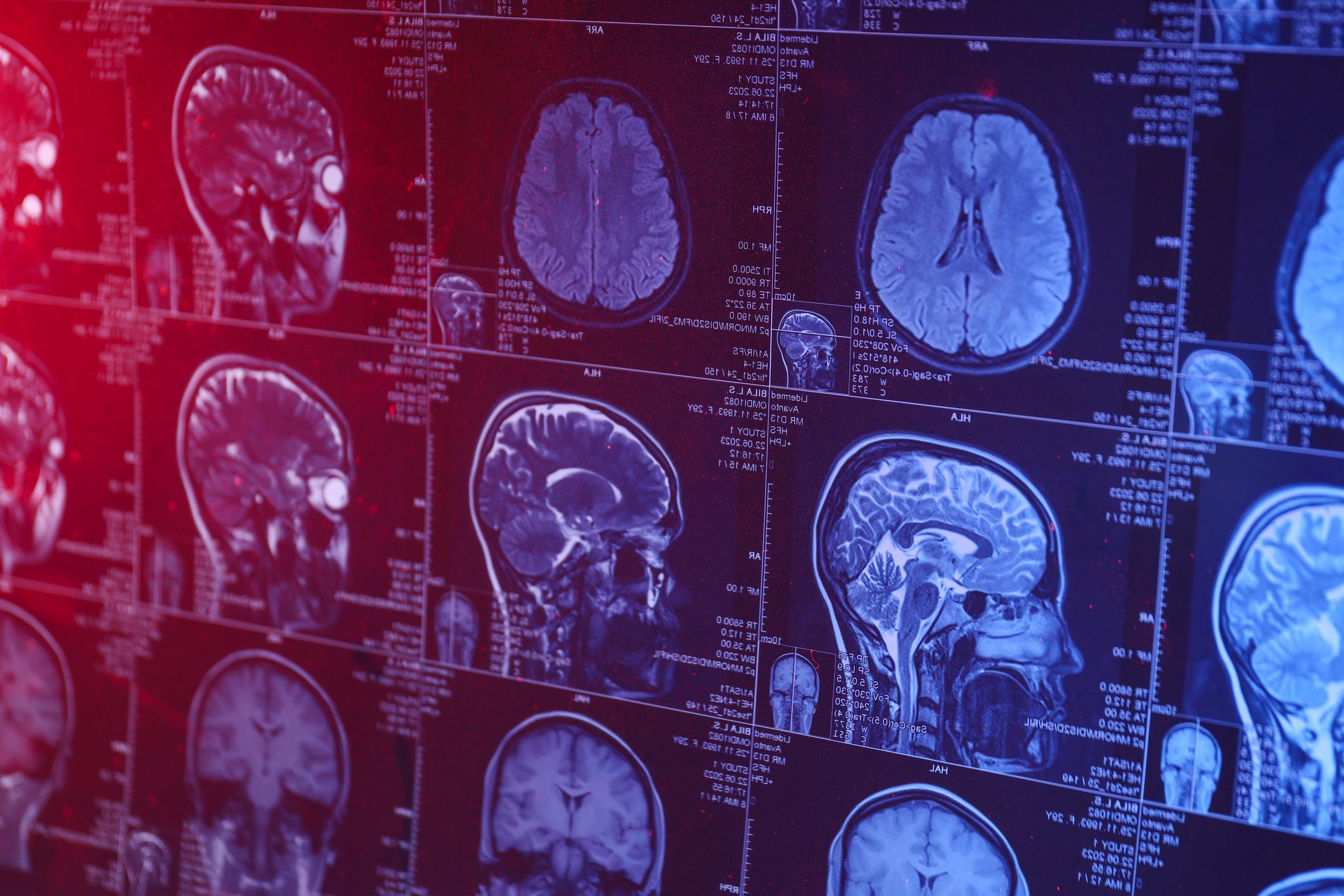The American Academy of Neurology details the 12 topics to discuss with your doctor or neurologist if your 2025 resolution is to better protect your brain.

- Neurologists have detailed the 12 topics to discuss with the doctor to have better brain health.
- These factors can influence a person’s brain health at all stages of their life.
- If these topics are discussed during the consultation, the neurologist can then provide advice and medical care to reduce the risk of brain disorders.
More than three billion people worldwide suffer from a neurological disorder. Which makes it the leading cause of illness and disability, according toWHO. These data remind us of the importance of taking care of your brain.
And in this time of good resolutions, theAmerican Academy of Neurology details the 12 topics to discuss with your doctor to ensure good neuronal health in 2025.
Brain: lifestyle points to discuss during the consultation
“Improving your brain health in the new year can start with one simple step: speaking with your neurologist or primary care physician.”explain the experts of the medical organization in a press release.
This consultation is the perfect opportunity, according to them, to discuss in detail the factors that influence brain health. First of all, you can take stock of your lifestyle with the doctor:
- Sleep: Getting enough, good-quality sleep is essential for proper brain functioning. It is therefore necessary to discuss with the doctor any disorders or elements that could disrupt your nights such as screen time, shift or night work or even insomnia, daytime sleepiness, etc.
- Mood: if you suffer from stress, depression or anxiety, do not hesitate to talk to the neurologist.
- Diet: This is one of the most important modifiable risk factors. Eating a balanced and varied diet is essential to keep your brain in top shape. Clarify if you follow a specific diet like vegan or low-carb or if you have difficulty eating healthily.
- Exercise: a sedentary lifestyle is bad for the brain. It is essential to have a sufficient level of physical activity, either the equivalent of at least 30 minutes of dynamic physical activity per day (e.g. brisk walking) at least 5 times per week. The doctor can help you find ways to integrate exercise into your daily life (walking more, DIY, gardening, etc.) or identify sporting activities suited to your physical condition.
- Social interactions: loneliness has been identified for years as a risk factor for dementia. Check in with the doctor in your network. “Do you have regular contact with close friends or family?”, “Do you have enough support from people?”
- Tobacco and alcohol: these “negative exposures” impact the brain. Take advantage of this appointment to evaluate your smoking and your consumption of alcohol or other substances (drugs, self-medication, etc.).
- Social and structural determinants of health: financial difficulties, access to care as well as family or marital violence also have an impact on health. If you are not physically or emotionally safe at home, confide in your healthcare professional.
Brain health: what to look out for
The appointment with the neurologist is also an opportunity to take stock of any medical or family history that could impact brain health:
- Head injuries: they are strongly associated with an increased risk of dementia. “Have you had a head injury in the past or played a contact sport?”, “Do you wear your seat belt in the car and helmets when cycling or skiing?”… here are the types of subjects to discuss, according to the neurologists of the American association.
- Blood pressure: High blood pressure is a risk factor for dementia and stroke. The consultation is therefore an opportunity to take stock of this disorder.
- Genetic and metabolic factors: tell the doctor if you have problems controlling blood sugar or cholesterol or if members of your family have suffered from neurological diseases.
- Infections: certain neurological disorders such as meningitis can be linked to infections. The neurologist can also take stock of your vaccinations, the risks of sexually transmitted infections and the countries visited.
- Adherence to medications: if you have difficulty following your treatments for practical or financial reasons, this appointment is also an opportunity to talk about it according to the American Academy of Neurology.
“By discussing these factors with your neurologist or doctor, they can then provide you with advice, medical care, and resources to help you take steps to improve your brain health”assures the organization which detailed these 12 risk factors for brain health to mention during a neurological consultation in an article published in the journal Neurology on December 16, 2024.
















